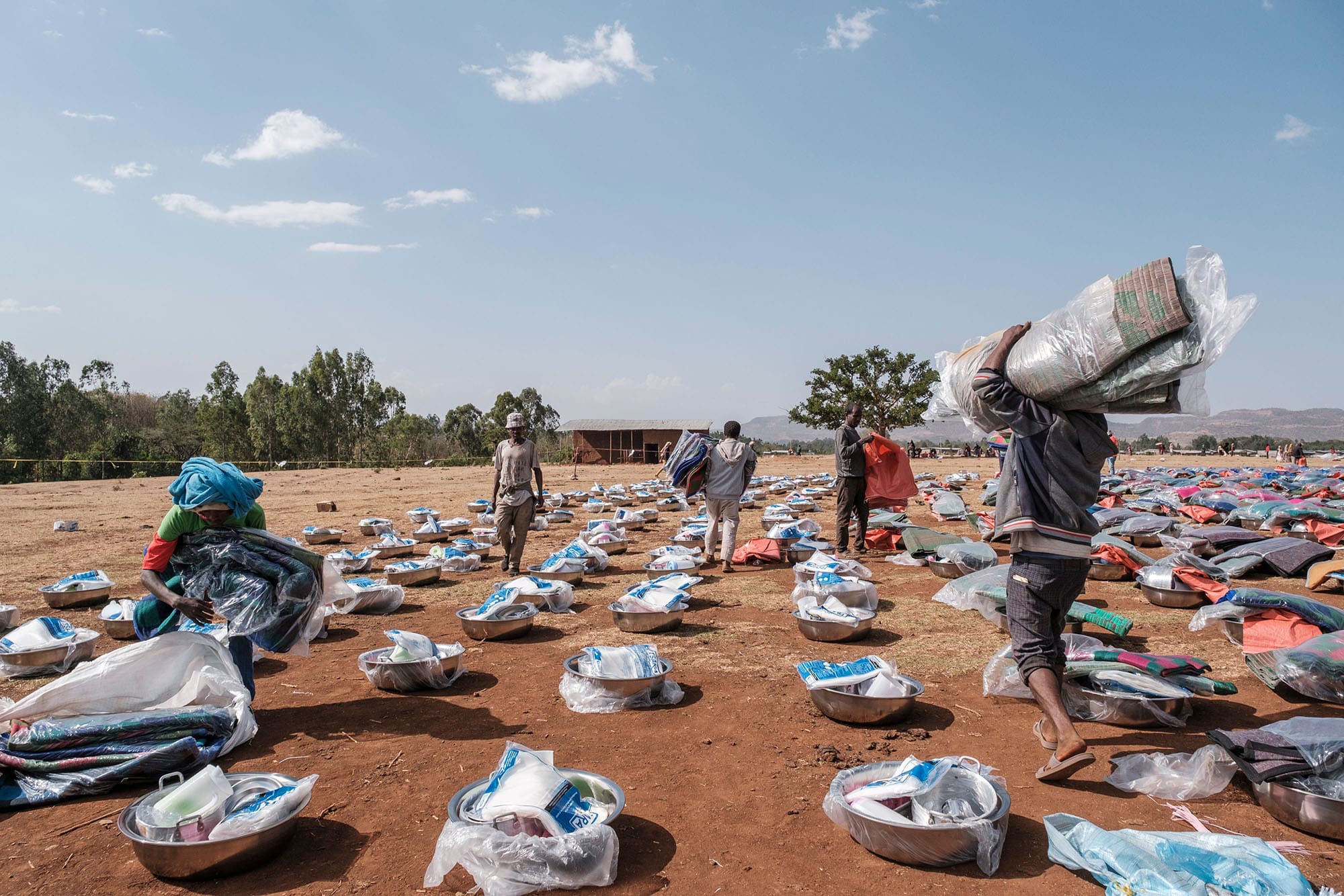The United Nations has renewed its appeal for unity and urgent action to address Ethiopia’s escalating humanitarian needs, following a four-day mission by Edem Wosornu, Director of Operations and Advocacy at the UN Office for the Coordination of Humanitarian Affairs (OCHA).
Wosornu’s visit underscored the importance of resilience, collective effort, and long-term solutions for communities impacted by conflict and climate-induced disasters.
During her mission, she met with senior officials from Ethiopia’s Ministry of Finance, Ministry of Foreign Affairs, the Ethiopian Disaster Risk Management Commission, and local leaders in Amhara, discussing ways to strengthen humanitarian response, support national systems, and reimagine relief operations within the framework of the humanitarian reset.
She also engaged with Ambassadors, UN agencies, and both local and international NGOs, emphasizing the need for coordinated efforts to address the scale of Ethiopia’s crisis.
“The Government of Ethiopia is working to advance inclusive development,” Wosornu said, acknowledging progress in social protection, food security, and service delivery.
“But the cumulative impact of conflict and climate shocks continues to disrupt lives and leave millions in need.”
According to Wosornu, humanitarian partners reached 11 million people last year, and six million have already received life-saving assistance this year.
However, the needs remain immense, particularly for displaced populations in conflict-affected areas like Amhara.
During her field visit, Wosornu witnessed the critical work of local and women-led organizations assisting survivors of gender-based violence.
“The people I spoke with shared harrowing stories and an overwhelming desire to return home,” she said.
“We must support the Government’s efforts to find sustainable, long-term solutions and break the cycle of protracted displacement. People deserve more than just survival; they deserve a future.”
Her remarks carried a stark warning about the global humanitarian system, which she described as facing its greatest crisis in decades.
Additional funding, she stressed, is urgently needed to sustain and scale up assistance.
“We must not only continue our vital work but also adapt to new realities,” Wosornu said.
“Local communities and organizations are the first responders; we must support them to lead. We must empower those we serve to take charge of their futures.”
“And we must continue working together with the Government of Ethiopia to strengthen national systems and capacities, while ensuring that our shared efforts remain guided by humanitarian principles and centred on the needs of the most vulnerable.”
Wosornu concluded that the experiences of displaced families are both a plea for support and a call to action for the international community.
Without immediate and sustained global engagement, millions of Ethiopians will remain trapped in cycles of vulnerability, unable to rebuild their lives.

